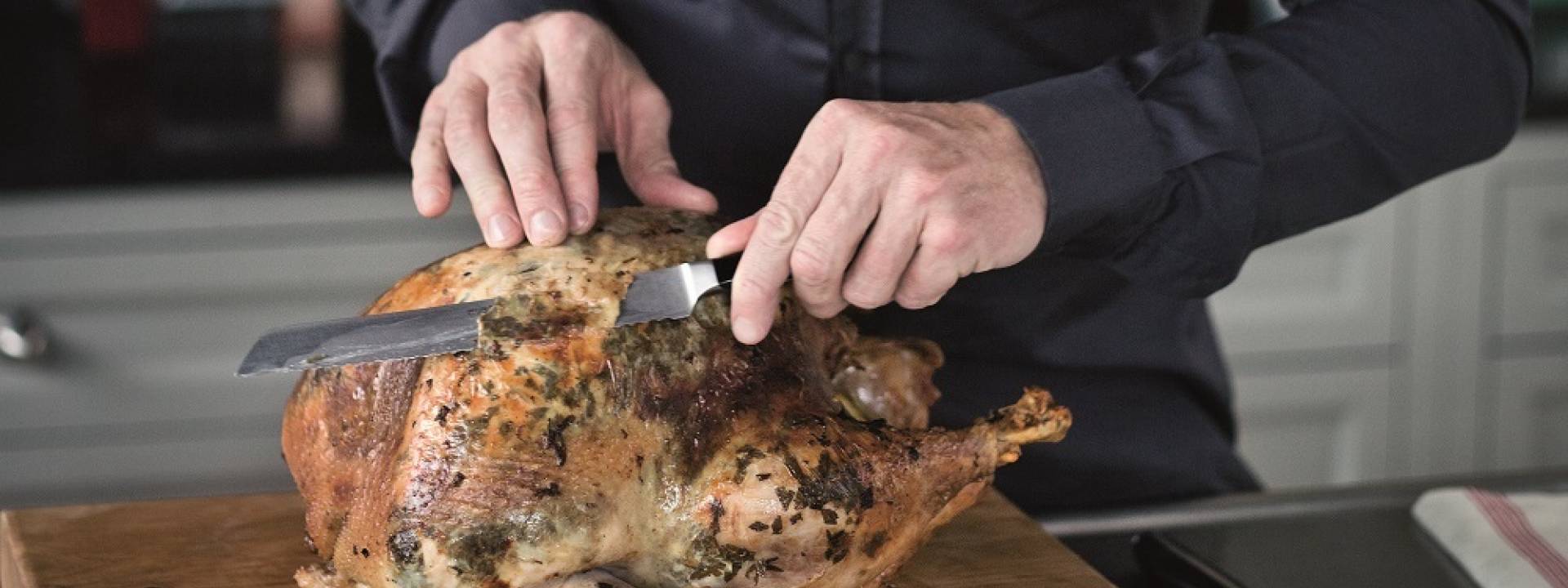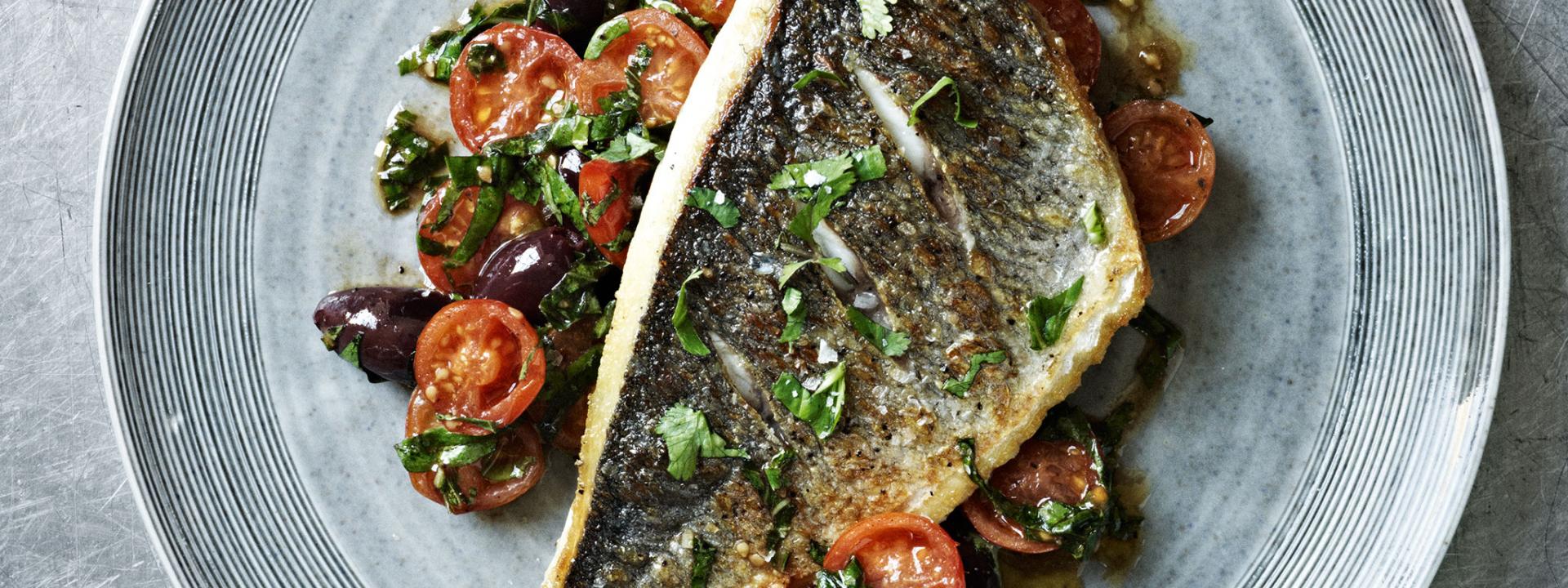Better sex, more muscle, improved mental focus: these are just some of the benefits of boosting testosterone to healthy levels.

On the flip side, a deficiency in the major male sex hormone—a condition that burdens some 13.8 million American men over the age of 45, according to US census data—is, well, far from sexy. Side effects of “Low-T” include low libido, limp erections, hair thinning, muscle loss, fat gain, depression ... In fact, one study found that that the lower a man’s testosterone levels, the higher his risk of death from any cause—heart disease in particular. Adding insult to injury, the Food and Drug.

Spinach is one of the best dietary sources of magnesium, a mineral involved in muscle development that’s essential for reproductive function in men both young and old, active and sedentary. One study that compared athletes to non-active individuals found that supplementing with 22 mg magnesium per pound of body weight of the course of four weeks raised testosterone levels in both groups. And two separate studies, one on a group of men over the age of 65 and a second on a younger 18-30 year old cohort, present the same conclusion: levels of testosterone (and muscle strength) are directly correlated to the levels of magnesium in the body.

A recent study from France found men who have a taste for spicy foods tend to have higher testosterone levels than those who can’t handle the heat. Of the 114 male participants surveyed, researchers saw a clear correlation between frequent hot-sauce usage and higher T-levels. Study authors suggest the findings may be due in part to capsaicin—the fiery compound in chili pepper that previous studies have associated with increased testosterone levels. In animal studies, capsaicin has also shown to increase the size of sex organs, while simultaneously decreasing belly fat.

A side of garlic knots or onion bread can boost your sex drive … just make sure your date has a slice, too! Studies suggest a compound in the stinking rose triggers the release of luteinizing hormone, which regulates production of testosterone. One study showed supplementing with garlic as part of a high-protein diet could substantially boost testosterone levels. And a recent animal study found just 1 gram of onion per kg of body weight could boost T-levels by over 300 percent in just 20 days. Garlic and onions both contain the chemical diallyl disulfide, which stimulates the release of a hormone that spurs the production of testosterone.

Cruciferous vegetables like broccoli are rich in indoles, anti-cancer compounds that indirectly boost testosterone production by breaking down and flushing the system of excess estrogen, which inhibits the production of male sex hormones. As men age, their estrogen levels gradually rise, while testosterone levels fall. Indoles can help strike the balance. In one study, supplementing with indole-3-carbinol from cruciferous vegetables for just 7 days cut the estrogen hormone estradiol in half for men. Another study found indole supplementation significant increased urinary excretion of estrogens among men.

Eggs often come up in reproductive health discussion. This time we’re talking about dietary eggs, as in omelettes, and the role they play in boosting testosterone. The hormone boost from eggs comes primarily from the yolks, which are rich in dietary cholesterol, mono- and saturated fats—nutrients once demonized by health experts that have since proven to positively influence waistlines and hormone-health. In fact, studies on vegetarian and low-fat diets both show reduced testosterone levels of about 12 percent. Where higher fat diets of at least 40 percent of calories, with a higher intake of saturated fat, show increased testosterone levels. Why? It’s not rocket science. After all, cholesterol makes up the building blocks from which testosterone is formed; without it, the hormone simply can’t synthesize. Organic eggs are one of the best dietary sources. In addition to essential fatty acids, a whole egg is rich in aspartic acid, an amino acid that triggers production of testosterone.

Bananas contain the enzyme bromelain, which some studies have found boosts a man's libido. They are also rich in B vitamins, such as riboflavin, which are essential for the manufacturing of testosterone.
On the flip side, a deficiency in the major male sex hormone—a condition that burdens some 13.8 million American men over the age of 45, according to US census data—is, well, far from sexy. Side effects of “Low-T” include low libido, limp erections, hair thinning, muscle loss, fat gain, depression ... In fact, one study found that that the lower a man’s testosterone levels, the higher his risk of death from any cause—heart disease in particular. Adding insult to injury, the Food and Drug.
1-SPINACH
Spinach is one of the best dietary sources of magnesium, a mineral involved in muscle development that’s essential for reproductive function in men both young and old, active and sedentary. One study that compared athletes to non-active individuals found that supplementing with 22 mg magnesium per pound of body weight of the course of four weeks raised testosterone levels in both groups. And two separate studies, one on a group of men over the age of 65 and a second on a younger 18-30 year old cohort, present the same conclusion: levels of testosterone (and muscle strength) are directly correlated to the levels of magnesium in the body.
2-HOT SAUCE
A recent study from France found men who have a taste for spicy foods tend to have higher testosterone levels than those who can’t handle the heat. Of the 114 male participants surveyed, researchers saw a clear correlation between frequent hot-sauce usage and higher T-levels. Study authors suggest the findings may be due in part to capsaicin—the fiery compound in chili pepper that previous studies have associated with increased testosterone levels. In animal studies, capsaicin has also shown to increase the size of sex organs, while simultaneously decreasing belly fat.
3-GARLIC
A side of garlic knots or onion bread can boost your sex drive … just make sure your date has a slice, too! Studies suggest a compound in the stinking rose triggers the release of luteinizing hormone, which regulates production of testosterone. One study showed supplementing with garlic as part of a high-protein diet could substantially boost testosterone levels. And a recent animal study found just 1 gram of onion per kg of body weight could boost T-levels by over 300 percent in just 20 days. Garlic and onions both contain the chemical diallyl disulfide, which stimulates the release of a hormone that spurs the production of testosterone.
4-BROCCOLI
Cruciferous vegetables like broccoli are rich in indoles, anti-cancer compounds that indirectly boost testosterone production by breaking down and flushing the system of excess estrogen, which inhibits the production of male sex hormones. As men age, their estrogen levels gradually rise, while testosterone levels fall. Indoles can help strike the balance. In one study, supplementing with indole-3-carbinol from cruciferous vegetables for just 7 days cut the estrogen hormone estradiol in half for men. Another study found indole supplementation significant increased urinary excretion of estrogens among men.
5-EGGS
Eggs often come up in reproductive health discussion. This time we’re talking about dietary eggs, as in omelettes, and the role they play in boosting testosterone. The hormone boost from eggs comes primarily from the yolks, which are rich in dietary cholesterol, mono- and saturated fats—nutrients once demonized by health experts that have since proven to positively influence waistlines and hormone-health. In fact, studies on vegetarian and low-fat diets both show reduced testosterone levels of about 12 percent. Where higher fat diets of at least 40 percent of calories, with a higher intake of saturated fat, show increased testosterone levels. Why? It’s not rocket science. After all, cholesterol makes up the building blocks from which testosterone is formed; without it, the hormone simply can’t synthesize. Organic eggs are one of the best dietary sources. In addition to essential fatty acids, a whole egg is rich in aspartic acid, an amino acid that triggers production of testosterone.
6-BANANAS
Bananas contain the enzyme bromelain, which some studies have found boosts a man's libido. They are also rich in B vitamins, such as riboflavin, which are essential for the manufacturing of testosterone.










